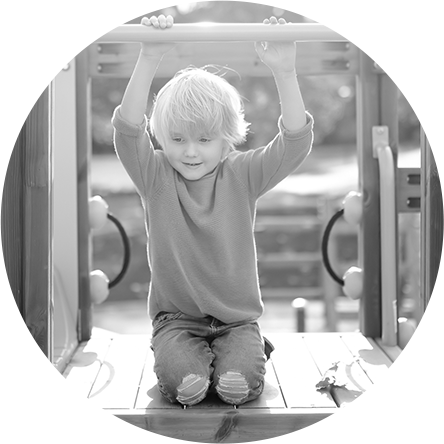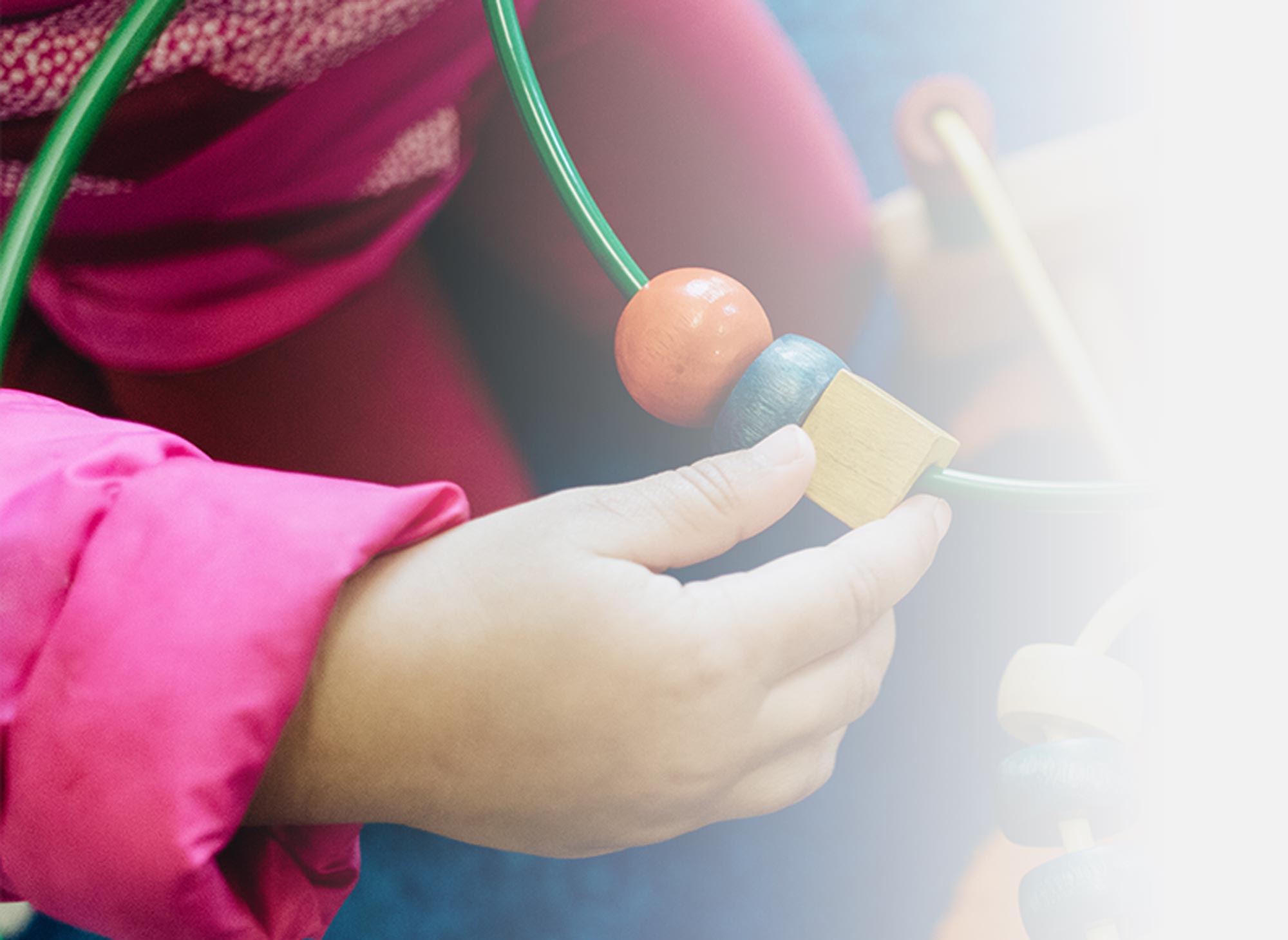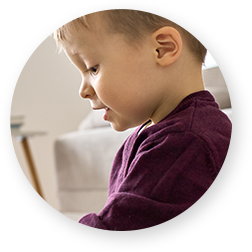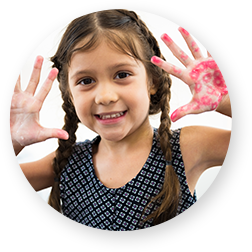- Schedule a Tour
- 207-229-1888
- jah@forkidsonlymaine.com
We are a Quality State Licensed family child care facility founded in the Summer of 1980. We feel the need to pick apart play to match to objectives and plan follow-up experiences. Intentional teaching seems to have become another word for “activity”. We create spaces for play that lend themselves more to adult sensibilities, as well as spaces that beckon to children, spark their curiosity and encourage them to wonder, dream, and imagine. The very idea of “being” recognizes the significance of children being present in the moment and engaging with life’s joy and challenges.
The philosophy of Dr. Montessori believed that each individual being has an innate unique talent which, when fulfilled, is the individuals essential contribution to life and the community on this planet. It is our purpose in life to discover his or her unique talent. Each child needs to be exposed to experiences pertaining to all facets of life, to this end Maria Montessori designed activities and materials for all subject areas, for children to experience sensorially and interactively in a multi-age setting; freedom within limits leads children to responsible choices; self-discipline and self-respect leads to respect for ones self. FKO is dedicated to these ideals and for which Dr. Montessori earned the Nobel Peace Prize nomination for Education For Peace.


The greatest sign of success for a teacher… is to be able to say, ‘The children are now working as if I did not exist.’
Our teachers are continually analyzing which ways children learn best, as well as which teaching styles are most effective. Our teachers work to align children’s interests with the learning domains in loving, nurturing, and positive ways which support students in feeling safe, loved, and valued. Our curriculum addresses the whole child including academic, physical, social and emotional domains. We encourage them to think deeper and ask questions as they research different theories. It is of utmost importance that teachers and children alike invest in researching and collaborating together in order to be a part of each other’s learning process.

The Montessori Curriculum is divided into five key areas of learning: Practical Life, Sensorial, Mathematics, Language, and Culture.
1. Children Are shown Respect. Respect is the foundation of the Montessori Method.
2. Kids have absorbent minds. The young mind is ready and eager to learn.
3. Sensitive periods are critical for learning.
4. Kids learn best in a prepared environment.
5. Kids can teach themselves through auto education.
• To be creative using materials on hand
• To enjoy art for art’s sake, the Process is important
• To apply paste or glue & use scissors, both which require fine muscle skills that are important for future writing
• To appreciate differences in texture, shape, and size
• To notice the differences between dry & wet sand; warm & cold water
• To measure and compare different amounts of sand and water
• To use imagination to create scenes and stories
• To pour with increasing skill, developing eye-hand coordination and small muscle skills
• To judge distance, space, and physical relationships
• To create scenes for dramatic play
• To compare and sort
• To describe what he/she has made
• To stack blocks carefully, developing eye-hand coordinationand small muscle skills
• To notice the changes in nature
• To have fun outdoors
• To use his/her body in increasingly skillful ways
• To use their large muscles for running, jumping, climbing
• To discover what happens to people, animals, and plants when it’s cold, hot, dark, or light outside
We have Circle Time daily where we go over the weekly theme and activities such as the dates and numbers on the calendar, the Pledge of Allegiance, announce any special birthdays, and anniversaries. We continue our discussion of the numbers, letters, colors, shapes, and the season associated with the theme. Books corresponding to the theme are also read. Music is played so they can sing songs, dance, and have finger plays.
Children can interact with materials on their own or in small groups as they explore items at these interest centers. Counting shells, sorting leaves by size or shape, classifying rocks by type are examples of activities young children can do here. Adults provide names of items and ask questions like “How are these alike?” or “Different?” and “Is this bigger?” or “Smaller?” Children’s interest grows as they think about everyday items in new ways.
Yoga gives your child an opportunity for creative expression while challenging themselves to new fun poses. Yoga means “to join” and it allows the body and mind to be one. It’s built on three main principals exercise, breathing, and meditation. There is overwhelming evidence from numerous studies that demonstrates that the practice of yoga can provide enormous benefits to children – positively impacting academic performance, discipline, attendance and improved attitudes about themselves.
Parents are a crucial factor in our program. In fact, parents are our partners. Our teachers understand and respect that parents are their children’s first teacher. Their involvement in the school gives their children a sense of security and is deeply appreciated. We recognize that stable, quality relationships during the early years are fundamental for later developmental outcomes. Collaboration between teachers, parents and the children is an integral part of the educational experience at FKO. Our goal is not simply to build a strong, warm and nurturing connection with each child, but to extend that connection to our community of parents. By working in a collaborative group setting, children learn critical life skills such as compromise, reasoning, respect for others’ opinions and enhancement of their sense of community.

By understanding a child’s unique skill level, we can adapt activities that challenge but not frustrate.

When exiting pre-k children are both ready to thrive and academically ready to learn in a kindergarten classroom.